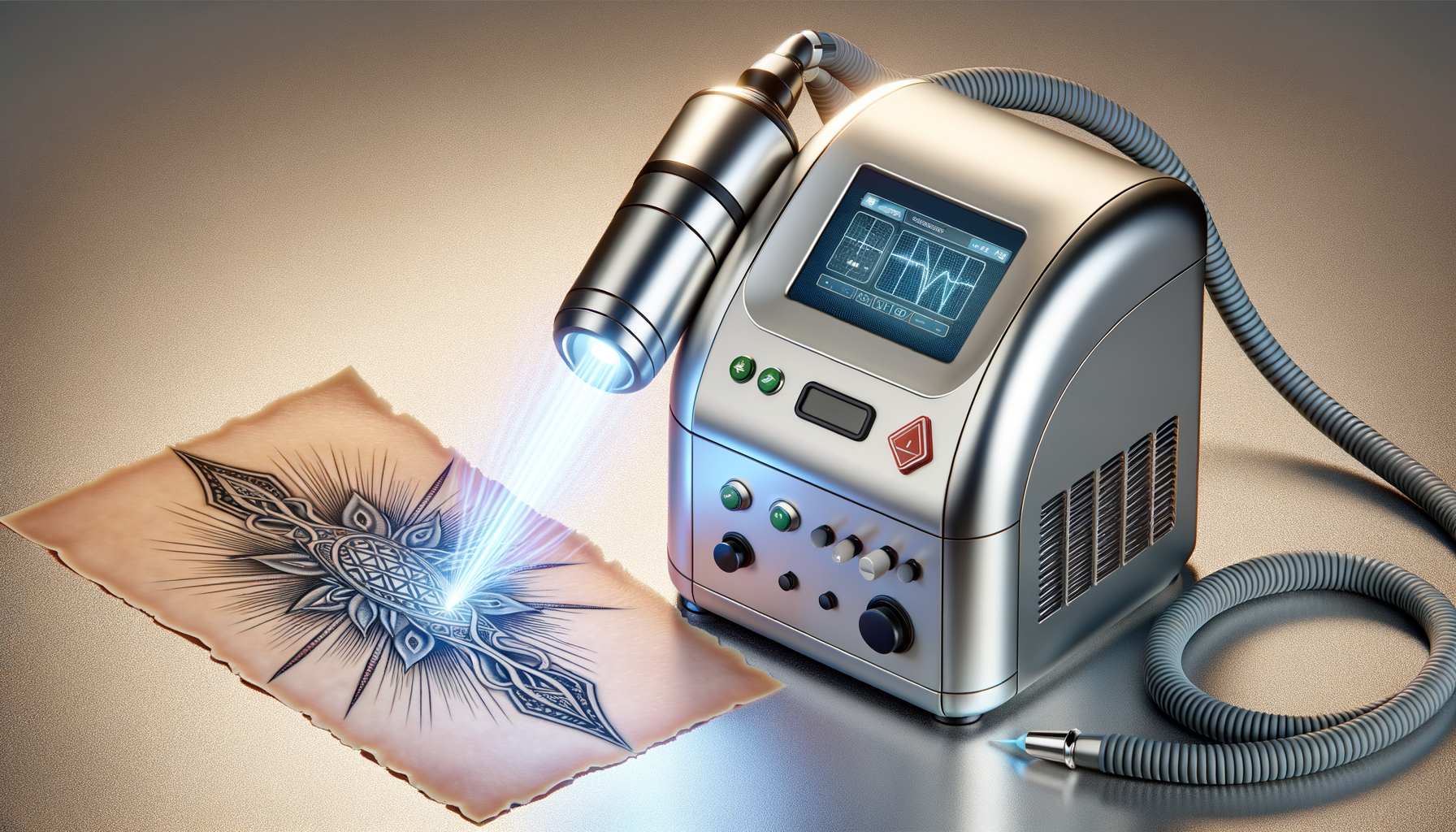The Dual Nature of Social Media
Social media is a double-edged sword. It can be a source of empowerment, allowing women to build communities, share their voices, and find resources. However, studies show that excessive use can lead to increased anxiety, depression, and a negative self-image.
What the Numbers Say
Here are some insights into the impact of social media on mental health, especially for women.
| Statistic | Source |
|---|---|
| 88% of women compare themselves to others on social media. | Dove Self-Esteem Project |
| 1 in 3 teenage girls reports that Instagram worsens body image issues. | Facebook (Internal Study) |
| Social media usage is linked to a 70% rise in feelings of loneliness among young women. | APA Report |
| Women are twice as likely as men to experience cyberbullying. | Pew Research Center |
While these statistics are concerning, social media isn’t inherently harmful—it’s how we use it and the level of awareness we bring to our digital interactions that often determine its impact.
Why Women Are More Vulnerable
Women, particularly young women, face unique pressures on social media. Curated images of “perfect” lives, influencer culture, unrealistic beauty standards, and the pressure to respond to every like, comment, or message create an overwhelming experience.
According to Dr. Jennifer Gentile, a clinical psychologist, “The constant exposure to these unattainable standards makes many users feel inadequate or unworthy, driving unhealthy behaviors such as obsessive comparison or overuse of filters.”
Mitigating the Negative Effects of Social Media
Thankfully, there are practical ways to counteract the adverse effects of social media while still enjoying its benefits.
1. Curate Your Feed
Take control of your feeds. Be selective about who you follow—choose accounts that uplift and inspire rather than trigger self-doubt or negativity.
Pro Tip: Unfollow or mute accounts that impact your self-esteem negatively. It’s your digital space—treat it like a sanctuary!
2. Set Screen Time Limits
Excessive scrolling can contribute to mental fatigue and feelings of inadequacy. Set daily screen time limits using apps or your device settings to ensure you’re balancing online and offline life.
- iOS/Android Tips: Both platforms have built-in digital wellness tools to track usage and set limits.
- Use dedicated tools like “Forest” or “RescueTime” for a creative approach.
3. Engage Mindfully
Social media works best as a tool—not as your reality. Instead of passively scrolling, engage actively by connecting with friends, sharing your authentic self, or learning something new.
4. Focus on Real-Life Connections
While interactions online are valuable, they can’t replace real-life relationships. Prioritize spending time with family and friends offline to maintain a strong support system.
5. Learn to Detox
A social media detox, even for a day, can work wonders. Use this time to journal, meditate, or simply enjoy being present.
Pro Tip: Try the “30-Day No Social Media Challenge” if you’re feeling overwhelmed. Start by dedicating one weekend without any apps and gradually increase the days.
6. Seek Professional Help When Needed
If social media is causing significant distress, talking to a therapist or counselor can be invaluable. Mental health professionals can provide tools and strategies tailored to your specific needs.
Joining a Positive Online Community
Instead of letting social media dictate your life, use the platform to find supportive, like-minded groups. From self-love communities to wellness forums, there’s a space for everyone.
Here are some ideas to get started:
- Facebook Groups: Look for self-help or mental health advocacy groups.
- Instagram hashtags: Follow hashtags like #BodyPositivity, #SelfCareSunday, or #MindfulLiving.
- LinkedIn: Engage in groups focused on women in business for professional growth and support.
FAQs
How can I tell if social media is affecting my mental health?
You might notice mood swings, constant comparison, sleep issues, or feeling “addicted” to scrolling. Pay attention to how you feel after using an app.
Can unfollowing accounts really help?
Yes! Seeing content that fosters positivity can improve your mental well-being. Filters matter, both in photos and in who you follow.
Is social media detoxing necessary?
While not mandatory, periodic detox helps rebalance life and reinforces that you control your online habits—not the other way around.




Leave a Reply